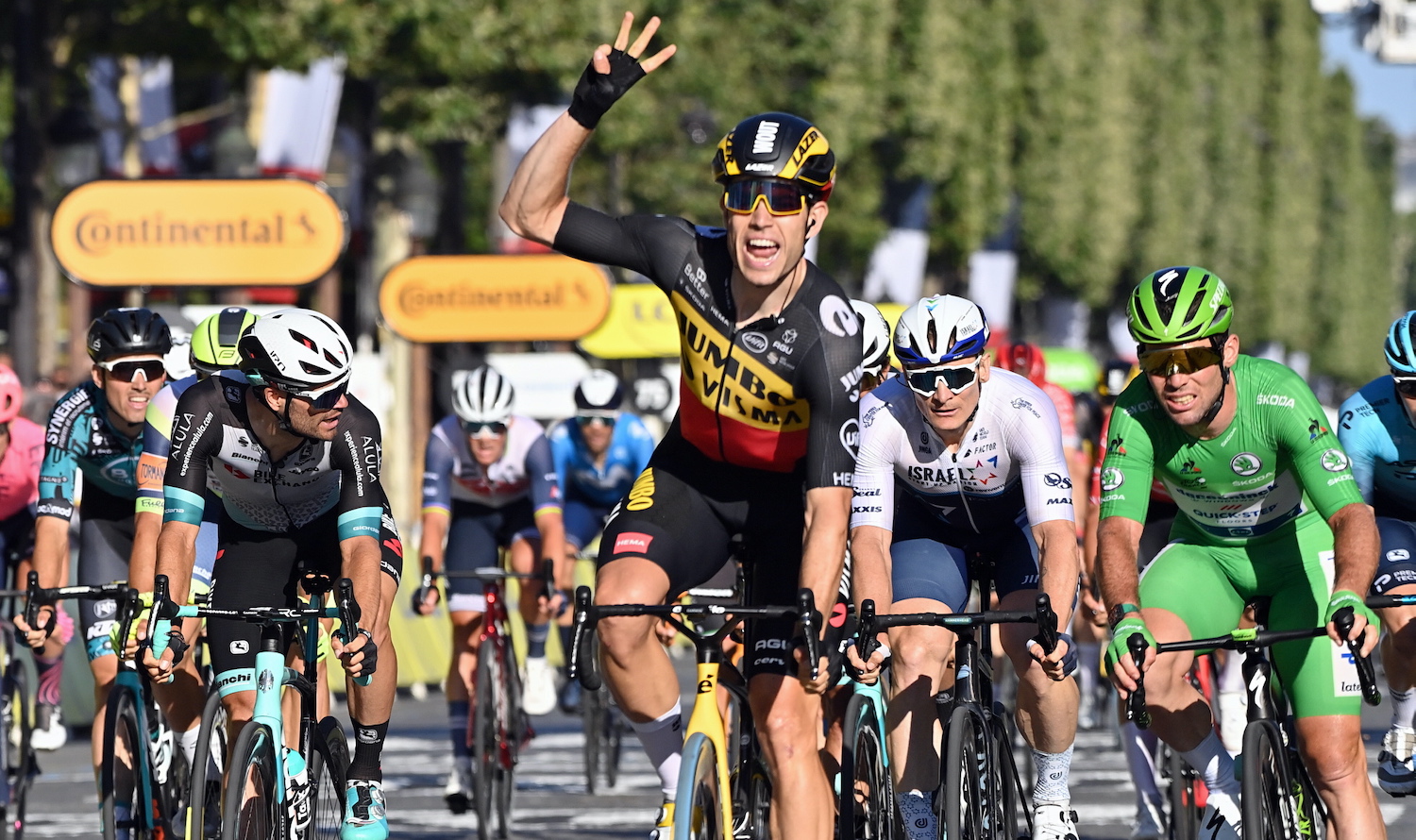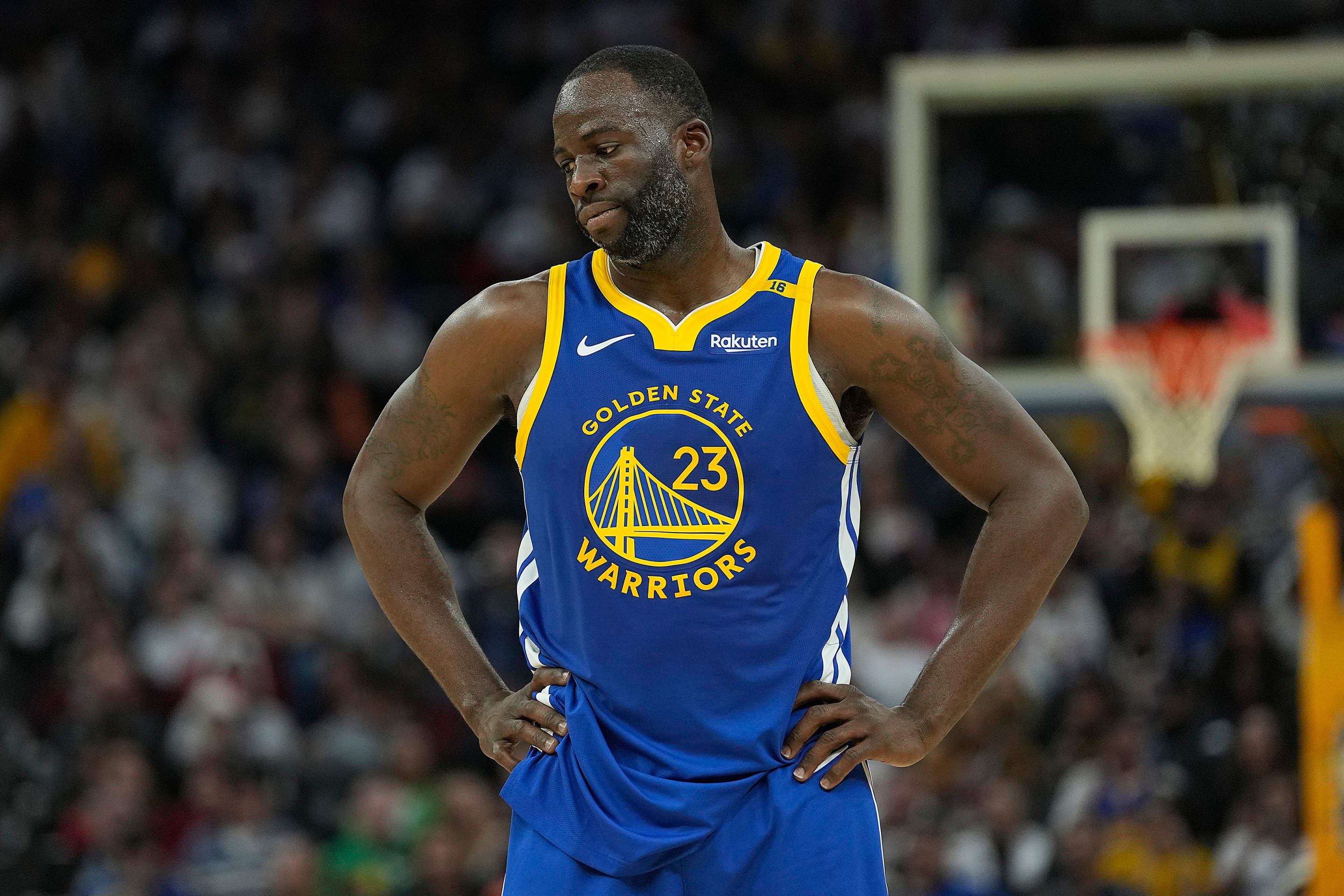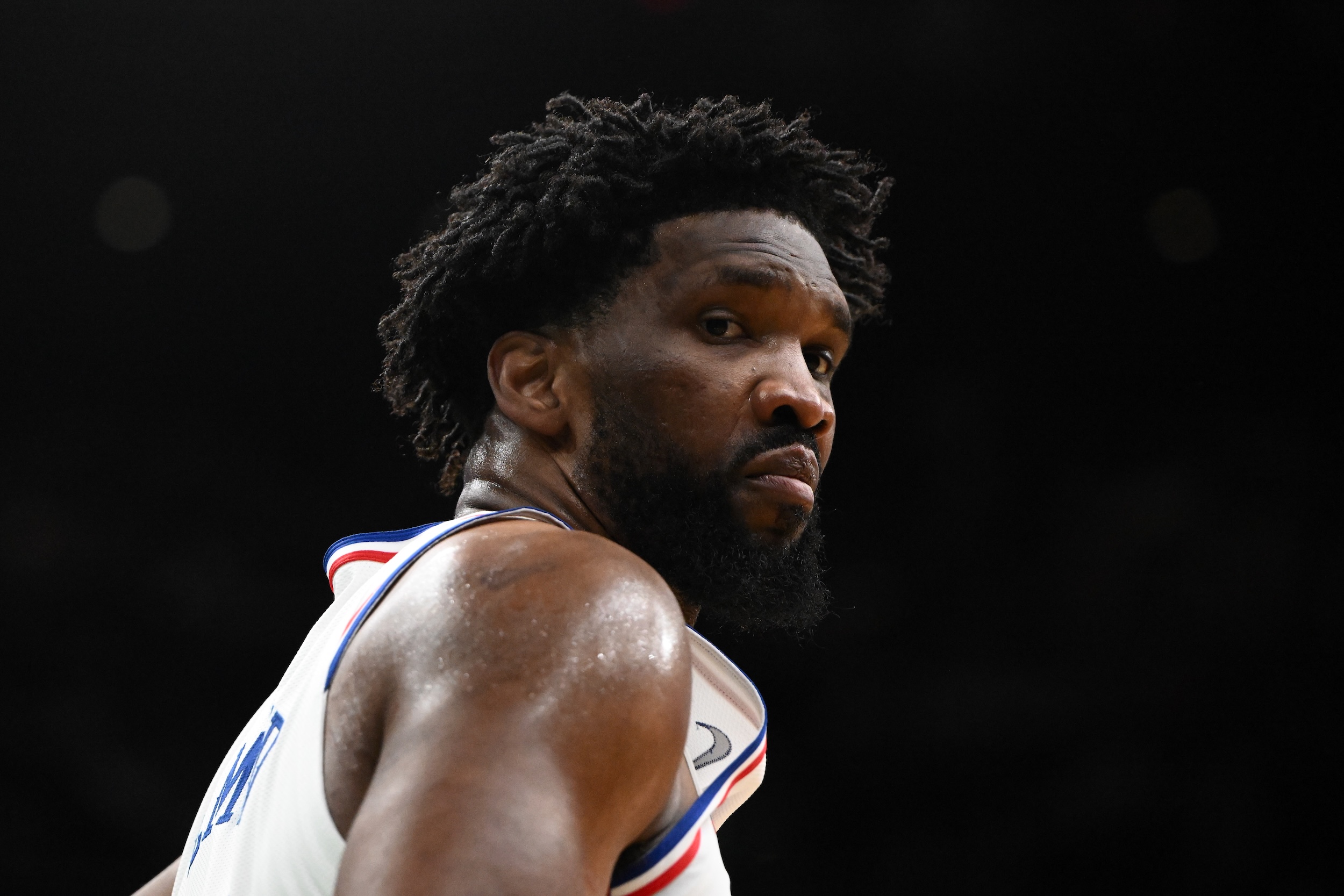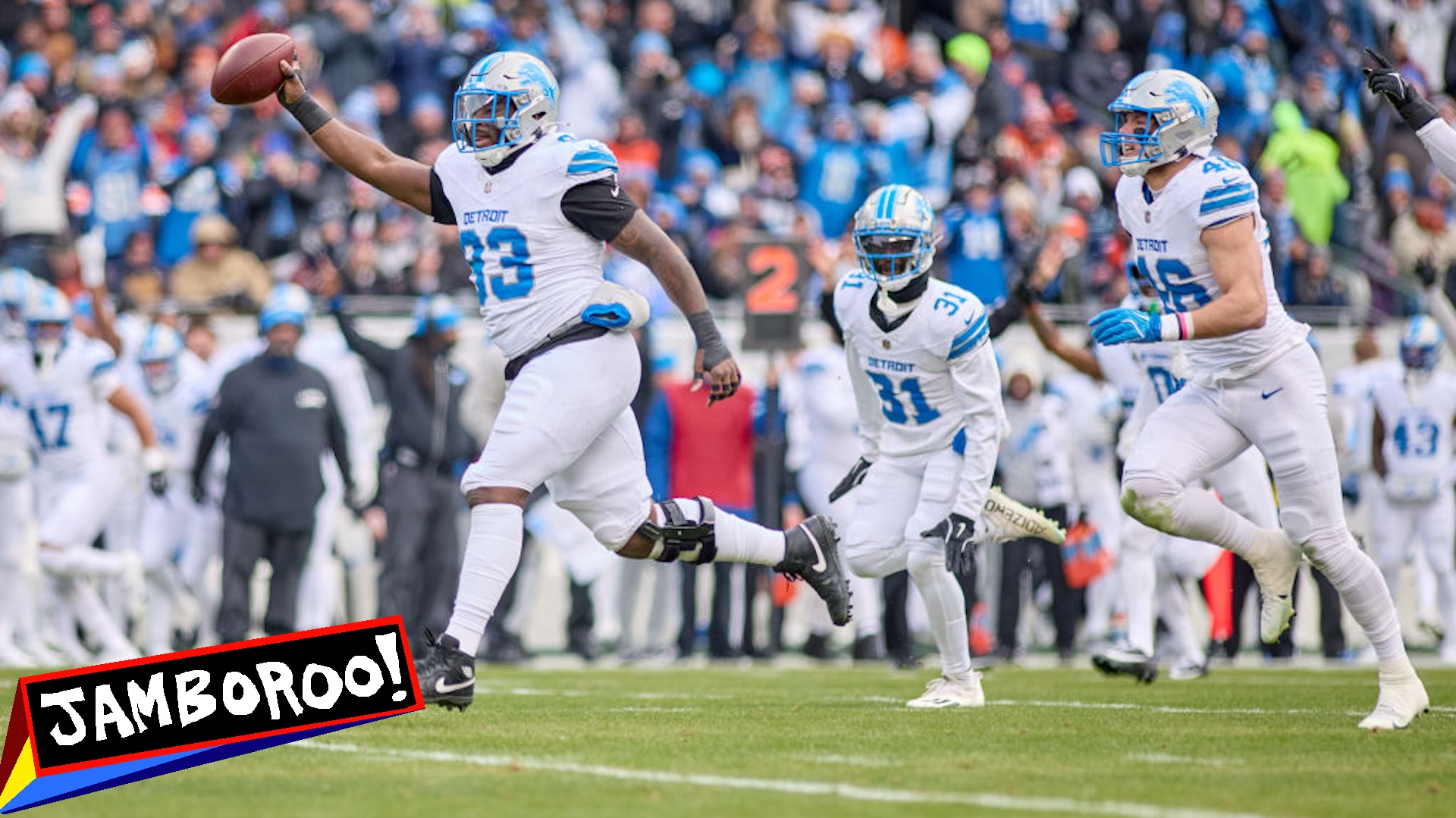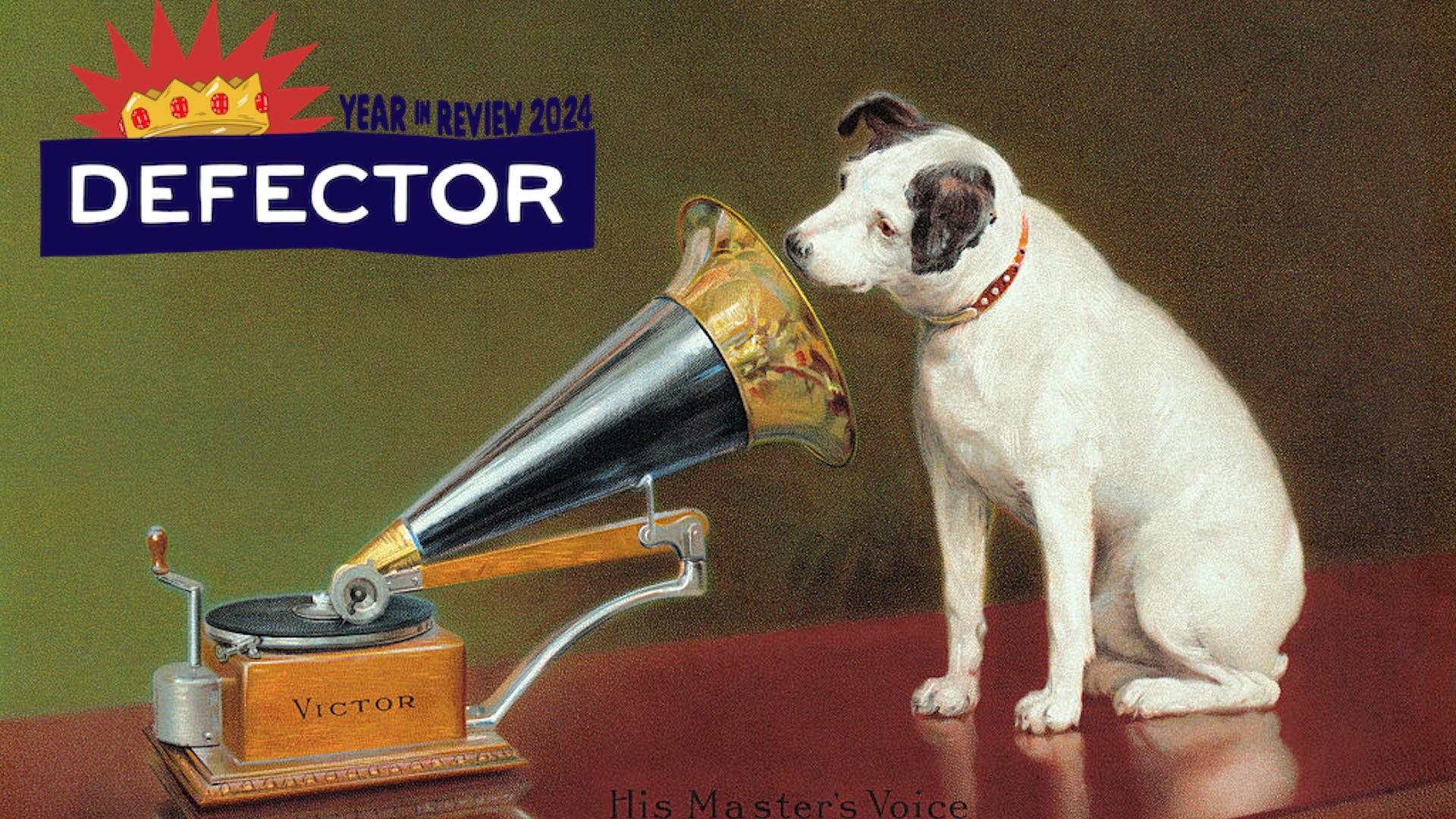The joy of the Tour de France is its scale. The main objective of the race is the yellow jersey, but there's more to it: Hundreds of riders compete for dozens of prizes over thousands of miles. In this sense, there was as much to admire in Wout van Aert's performance as there was in Tadej Pogacar's.
If you watched the Tour de France just to see who'd win the yellow jersey, you probably had a pretty boring time. On Sunday, Pogacar formalized a Tour win that had been in the bag for at least two weeks. Only two general classification riders finished the race within 10 minutes of him. His second straight yellow jersey felt inevitable since he won the Stage 5 time trial. For the entirety of the race, Pogacar found himself in trouble exactly once, for a few minutes by Jonas Vingegaard on Stage 11, and Pogacar made a point to hunt his aggressor down and outsprint him. Here he is, winning the final mountain stage with a smirk on his face.
🎥 Living beyond the Dream: @TamauPogi makes it three at Luz Ardiden. #TDF2021 #UAETeamEmirates #RideTogether pic.twitter.com/Pboh6ahWBr
— @UAE-TeamEmirates (@TeamEmiratesUAE) July 15, 2021
Beyond Pogacar's dominant victory, the story of the Tour was Van Aert's historically versatile performance. The Belgian champion did it all as he helped his teammate Vingegaard to a second-place finish, finished inside the top 20 himself, and, most impressively, won three stages, each of them in a distinct genre of bike racing. Cycling has long been a specialist's sport, with sprinters dominating the flatlands and bird-like climbers controlling the mountains. Even though riders like Alejandro Valverde and Peter Sagan have shown they can also win across different terrains, this demarcation is rarely upended, but Van Aert became the first rider since Bernard Hinault in 1979 to win a mountain stage, an individual time trial, and a bunch sprint stage in the same Tour.
Van Aert's mountain stage was the Tour's queen stage, the daunting Mount Ventoux double-dip, which he crushed by more than a minute, ahead of two Trek-Segafredo teammates whose numbers advantage meant nothing when stacked against Van Aert's raw power. After Van Aert won the time trial this past Saturday, he could have treated the procession into Paris as a recovery ride before the Tokyo Olympics, but he told the press he'd try to deny Mark Cavendish's push for the all-time Tour de France stage win record. After Mike Teunissen lodged himself within the QuickStep leadout train and gained a strong position, Van Aert launched himself to victory on sprinting's biggest stage, slamming the door shut on Cavendish's coronation.
Wout van Aert is the new king of the Champs-Élysées 👑
— Velon CC (@VelonCC) July 18, 2021
Watch full Tour de France Stage 21 highlights here: https://t.co/60gDMZZR9R
___________#TDF2021 #TourdeFrance pic.twitter.com/kLySLMsJiB
Team Jumbo-Visma was as wrecked by the first week's chaos as anyone, and they hit the mountains without their leader, their flatlands commander, and one of their best climbing aides. Rather than circle the wagons around Vingegaard and ride conservatively, Van Aert and his team defined the second half of the Tour with their bold, aggressive racing. Van Aert and Steven Kruijswijk left Vingegaard for protection with only one teammate when they attacked to help launch Sepp Kuss to his stage win. When the race encountered crosswinds on Stage 16, Van Aert seized an opportunity to put Richard Carapaz in trouble and unexpectedly set a brutal pace all the way to the finish line. When they needed to offer Vingegaard shelter, they did. It was tremendous riding all the way into Paris, and it brought tension to the Tour de France even after Pogacar was assured victory.
Pogacar won three of the race's four jerseys, three stages, and put down one of the most impressive individual performances of the century. He won mountain stages and resisted getting sheared off by any of his opponents' accelerations. He was better at it than most riders who've won Tours before him, but this is, broadly speaking, what every winner of the Tour de France does every year. Van Aert was the most vibrant rider in the peloton. He accomplished something nobody has done in two generations.
